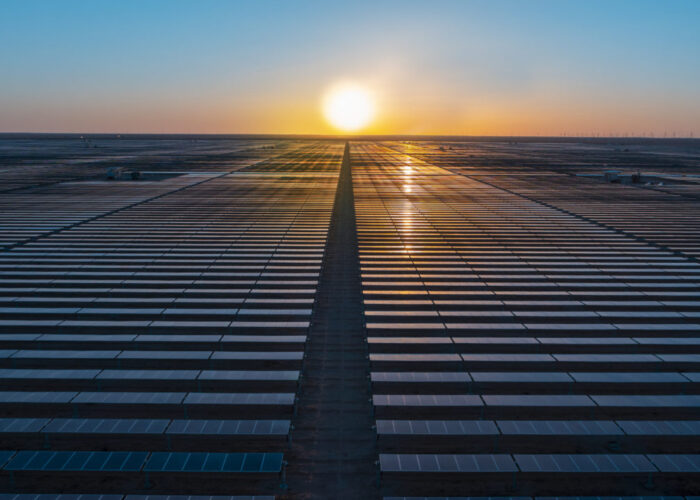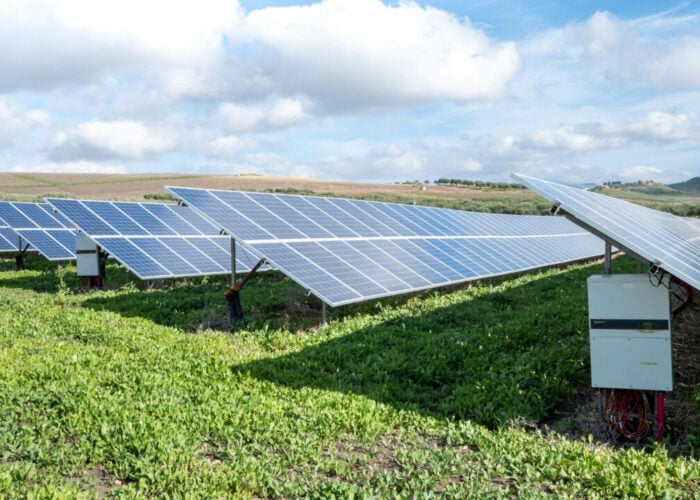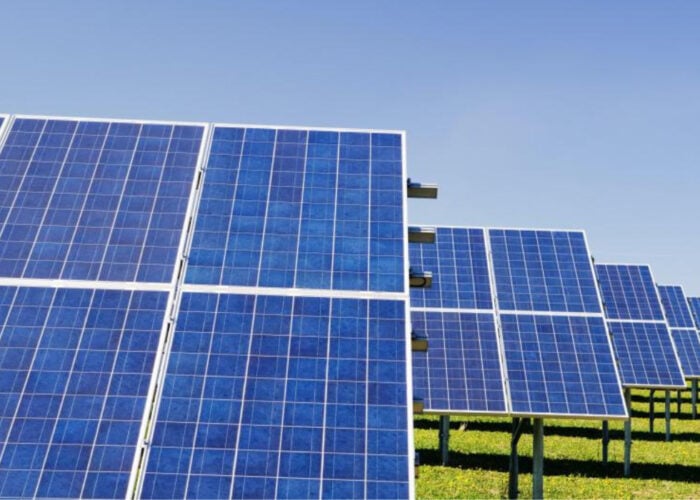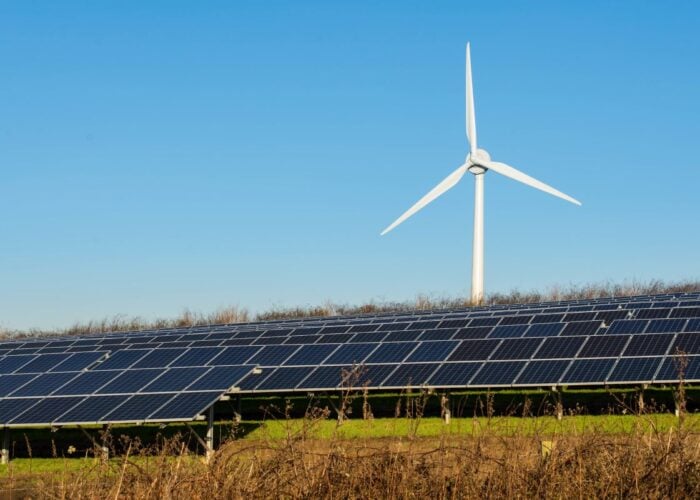The Energy and Resources Institute in India (TERI) has published energy policy recommendations for India’s newly elected government, calling for a reinvigorated drive to deploy solar.
The non-profit research organisation, whose CEO, Dr R.K Pachauri, is also chairman for the Intergovernmental Panel on Climate Change (IPCC), called for “leap-frog” changes to policy.
Unlock unlimited access for 12 whole months of distinctive global analysis
Photovoltaics International is now included.
- Regular insight and analysis of the industry’s biggest developments
- In-depth interviews with the industry’s leading figures
- Unlimited digital access to the PV Tech Power journal catalogue
- Unlimited digital access to the Photovoltaics International journal catalogue
- Access to more than 1,000 technical papers
- Discounts on Solar Media’s portfolio of events, in-person and virtual
The report calls for solar energy to be prioritised to reduce fossil fuel consumption. The report states “solar is an important and comparatively underutilised energy resource in India”. The ten-page report also advises on water quality, air pollution and waste management.
TERI proposes an integrated renewable energy policy to “mainstream renewables” backed by a renewable energy law.
Despite India's ongoing trade dispute with the US, the report says domestic solar manufacturing should be made globally competitive, with special incentives to be considered.
The report also states solar thermal power generation technologies should be indigenised, to utilise its advantages in storage and easy deployment.
Financially the report aims not only to suggest “special incentives for green energy”, with a booster of support for the Ministry of New and Renewable Energy – but also details the “cost of developmental inaction”.
Tallying the consequences of inaction on energy policy change for the newly elected leader of the globe’s largest democracy, the report provides a price tag on the damage of poor environmental quality, and identifies how “substantially lower-cost action can avoid this burden”.
The report states India faced a peak energy deficit of 9% in 2012-13, owing to India’s energy import dependency, which “is likely to continue increasing and remain high during the next few decades”, the report predicts.
Oil import dependency could “spiral” from around 77% currently, to over 90% by 2031 TERI predicts, warning further that “India’s vulnerability on account of high energy import bills could increase significantly in future”.
Policies for land resources to be prioritised for renewable energy projects, for global research and development centres to fast track demonstration and application of renewable energy advances, and streamlining of the national solar mission (JNNSM), were all strongly advocated in the report.
However, renewable energy generation “is on the rise in India” with its share of the total energy mix reaching 12.3% last year. India has a total installed renewables capacity of 30GW on grid, and 973MW off grid.
TERI also advocated energy efficiency measures, identifying the high cost of technology, with the double barrier of a lack of access to finance as a hurdle for the new government to overcome in order to to ensure energy security in India. TERI predicts energy consumption could be reduced by 25-30%, with proper measures enforced.
The Indian national elections came to a close yesterday, with exit polls suggesting leader of the Bharatiya Janata Party, Narendra Modi has won .
Back in February, while inaugurating the 151MW Neemuch solar power plant in Madhya Pradesh, Modi called for India to utilise solar energy to empower its citizens.
He called for government focus on energy development, detailing the use of hydro in the Himalayas, for India to utilise its biomass potential and for wind and solar installations in open land resources.
He also warned of the economic dangers of relying on policies to import coal.







